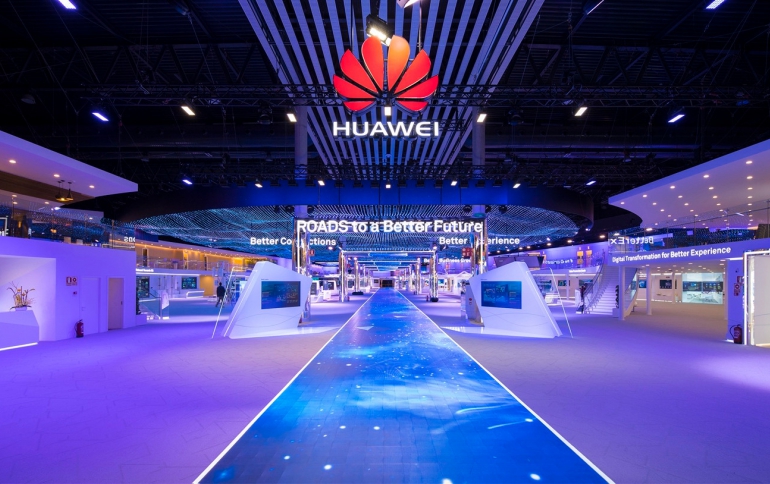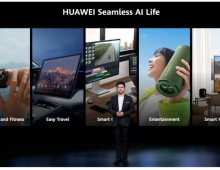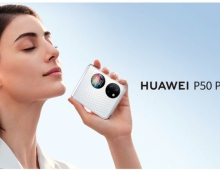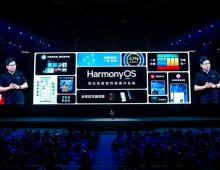
Huawei Drops Lawsuit Against US Government
Huawei's US subsidiary, Huawei Technologies USA Inc. (HT USA), dropped a lawsuit on Sept. 9 against the US Commerce Department and several other US government agencies that it has filed back in June.
The case was originally filed in response to telecommunications equipment that was seized without justification by US officials in September 2017. After a prolonged seizure, Huawei has decided to drop the case after the US government returned the equipment, which Huawei views as "a tacit admission that the seizure itself was unlawful and arbitrary."
This case was cited among a series of concerns the company recently enumerated with regard to actions against Huawei by the US government.
The equipment, which includes computer servers, Ethernet switches, and other telecommunications gear made by Huawei in China, should have been shipped back to China after commercial testing and certification at a laboratory in California in September 2017. The US Commerce Department, citing unidentified export violation concerns, seized the equipment while it was in transit. In the two years since, and despite multiple requests from Huawei, the US government failed to make a decision on whether an export license was required for the equipment to be shipped back to China, and continued to hold it.
Huawei filed a lawsuit on June 21 at the US District Court for the District of Columbia, challenging the US government's prolonged failure to determine whether the equipment could be shipped to China without an export license. Huawei claimed that those actions by the US Government violated the Constitution and the Administrative Procedures Act, among others.
In August, the US government informed HT USA in writing that, following a belated investigation, it had determined that no export license was required for shipment to China, and Huawei had complied with the Export Administration Regulations when attempting to ship the equipment back. The US government shipped the equipment back to HT USA at the government’s expense.
Dr. Song Liuping, Huawei's chief legal officer, said Huawei has landed a de facto victory despite its voluntary dismissal of the lawsuit, but is still disappointed by the fact that the US government has failed to provide any explanation for unlawfully withholding Huawei equipment for so long.
In a notice of voluntary dismissal filed with the United States District Court for the District of Columbia, HT USA said it requested in writing the US Commerce Department to explain fully why it detained the equipment in 2017, why it decided to release it now, and why it took almost two years to recognize that the equipment's detention was not justified. Thus far the government has refused to explain.
"Arbitrary and unlawful government actions like this – detaining property without cause or explanation – should serve as a cautionary tale for all companies doing normal business in the United States, and should be subject to legal constraints," said Dr. Song.
In a media statement on September 3, Huawei listed how the US government has been using every tool at its disposal – including both judicial and administrative powers – to disrupt the normal business operations of the company. This includes obstructing normal business activities and technical communications through intimidation, denying visas, and detaining shipments. Dr. Song noted that Huawei will continue to defend its legitimate rights and interests with legal means.
Huawei, the world’s largest telecommunications equipment maker, is the victim in an escalating trade war between Beijing and Washington.
Huawei still faces multiple criminal charges in the United States for allegedly breaking U.S. export sanctions to countries including Iran. It is trying to challenge its addition to the U.S. National Defense Authorization Act in an ongoing lawsuit, which it says had restricted its business in the United States “unconstitutionally”.
Washington says the Chinese company’s telecoms gear could be used by Beijing to spy, an allegation Huawei has denied.
The Trump administration added Huawei to the so-called entity list in May, barring it from buying needed U.S. parts and components without U.S. government approval and threatening to disrupt its operations.





















